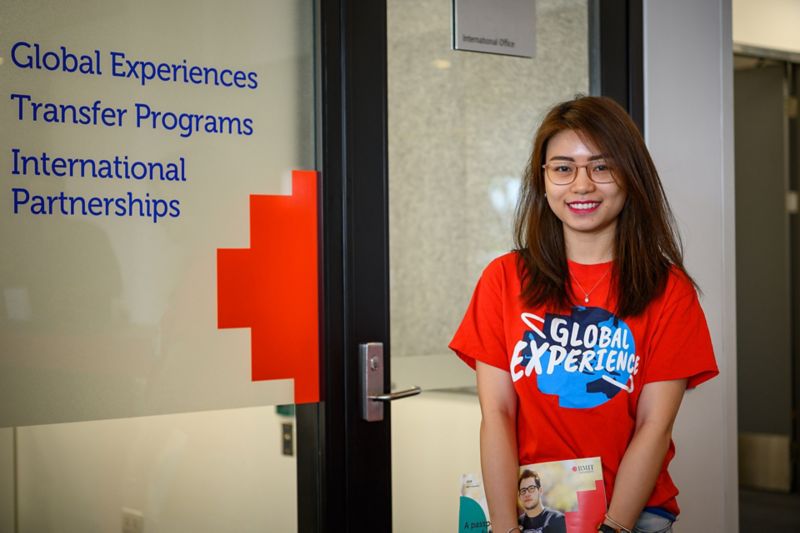
RMIT interlocation in Asia
A short trip from home - Study with one of RMIT University inter-location partners in Asia.
A short trip from home - Study with one of RMIT University inter-location partners in Asia.

A short trip from home - Study with one of RMIT University inter-location partners in Asia.
A short trip from home - Study with one of RMIT University inter-location partners in Asia.
Please meet the following requirements before the application closes:
Please note: For nationals of Vietnam and other certain countries, study visa applications to Hong Kong will be assessed on a case-by-case basis with long processing time.

For more information, please contact Global Experience – International Office.